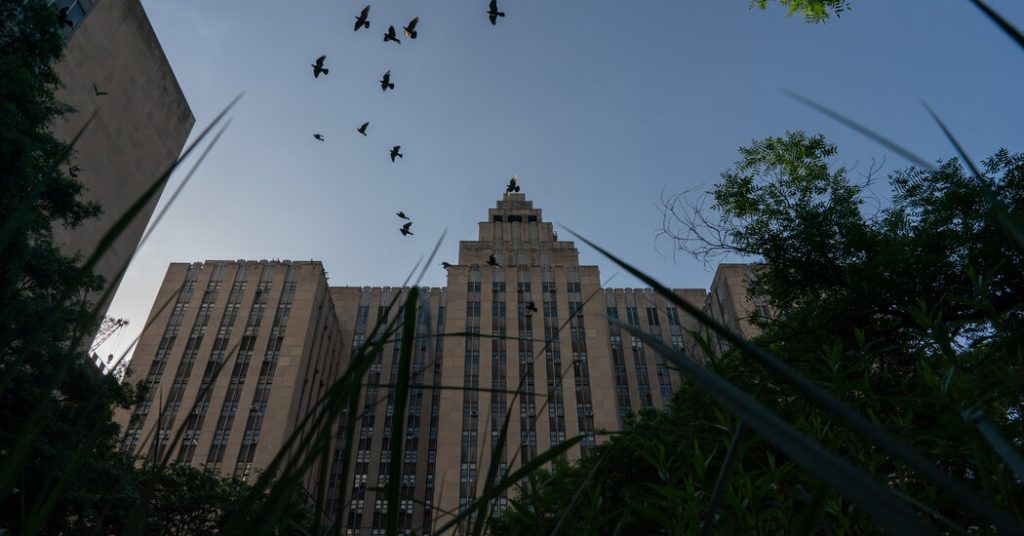The jurors in Donald J. Trump’s Manhattan criminal trial have begun deliberations after five weeks of listening to testimony and arguments. The jurors, who are unnamed, will need to reach a unanimous decision on the 34 felony charges of falsifying business records against Mr. Trump. The first juror selected is serving as the foreperson and will guide the discussions during deliberations, but their opinion does not carry more weight than that of the others. Justice Juan M. Merchan has set a deadline of 4:30 p.m. for deliberations on the first day.
During deliberations, the jury can ask questions to the court or have witness testimony read back to them by sending notes signed by the foreperson. They also have access to a laptop containing trial exhibits to reference during their discussions. If one of the jurors is unable to continue deliberating, an alternate will step in. Mr. Trump must remain inside the courthouse while the jury is deliberating, awaiting their verdict. If found guilty on any of the charges, Mr. Trump will be sentenced at a later date, while an acquittal on all counts would result in his exoneration.
If the jury is unable to reach a verdict, they will inform the judge, who may urge them to continue deliberating. If they remain deadlocked, a mistrial could be declared, and prosecutors would need to decide whether to retry the case. The trial is historic as Mr. Trump is the first former president to face criminal prosecution. The charges against him relate to a $130,000 hush-money payment made to porn star Stormy Daniels on the eve of the 2016 election. The jurors’ verdict on each count will determine Mr. Trump’s legal fate.
Deliberations could last for days or weeks as the jury carefully considers the evidence presented during the trial. The verdict must be unanimous, with each juror needing to agree on Mr. Trump’s guilt or innocence on each charge. The process involves close scrutiny of the witness testimony and trial exhibits, with jurors seeking clarification through their notes to the court. The alternates remain on standby in case they are needed to replace a juror, ensuring that the deliberations can continue smoothly.
Overall, the fate of Mr. Trump now rests in the hands of the 12 jurors who will deliberate behind closed doors to determine whether he is guilty of the charges brought against him. The outcome of their deliberations could have far-reaching consequences for the former president and set a significant precedent in the realm of criminal prosecution of high-profile individuals. As the jurors weigh the evidence and arguments presented to them, the world awaits their decision on this unprecedented case.


